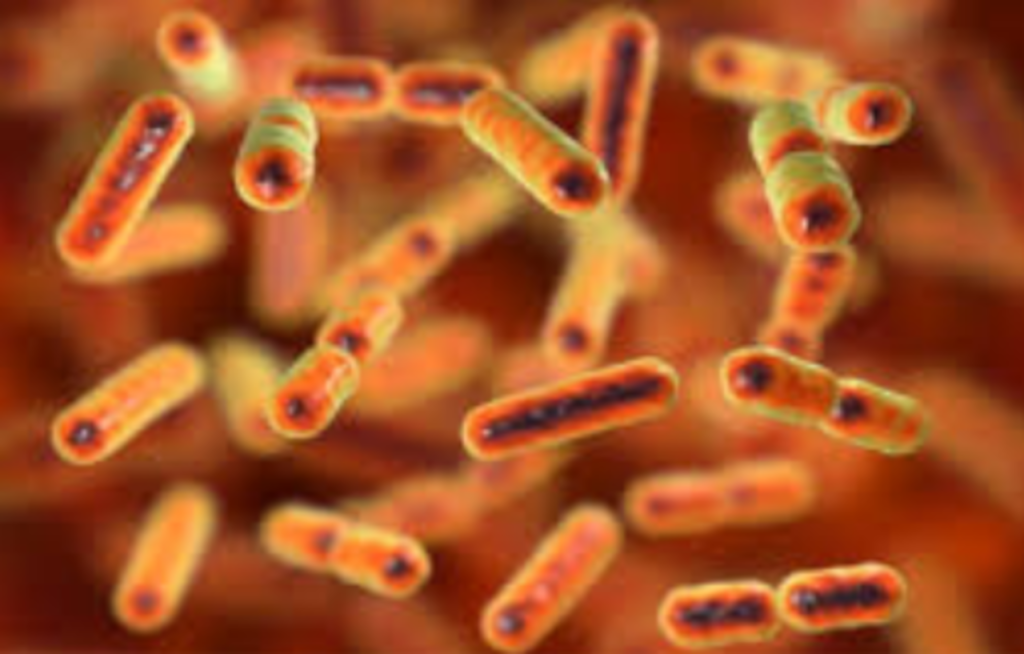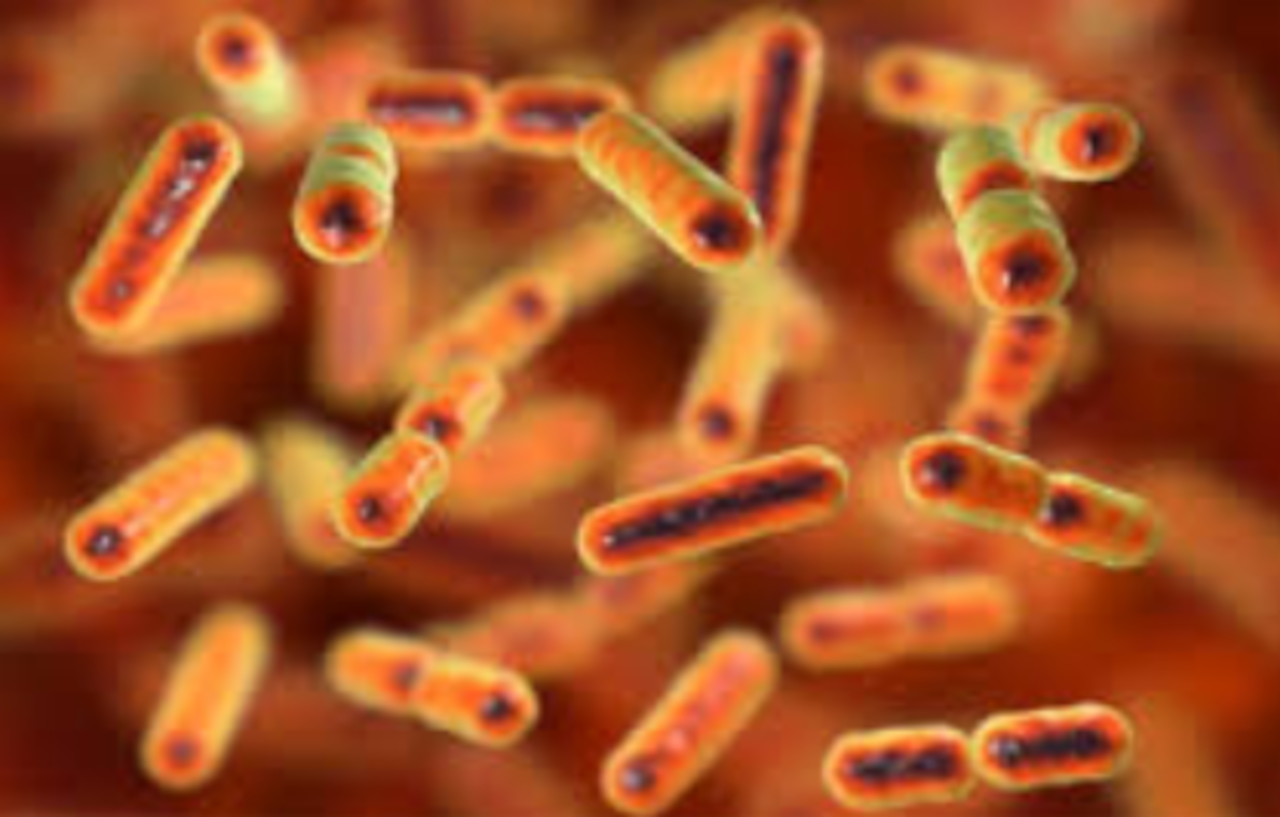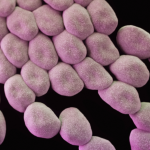Your dog has a lot in his intestines, more than the pillow or shoes they just ate! Every dog has trillions of bacteria, microbes, and other microscopic substances in its body. The collection of all these things is called the gut microbiome.
Many of these bacteria are actually good for your dog. Many different species of bacteria work together to help your dog digest food, keep their immune system strong, and even elevate their mood (think of how happy you feel after enjoying a delicious dessert).
So let’s get to know Bacteroides, which is a special group (or genus, taxonomically) within the family (phylum) of bacteria. Bacteroides specialize in proteolytic enzymes, which break down protein molecules into energy-ready amino acids.
These are one of the most common bacteria found in the gut of healthy dogs. In fact, dogs with chronic intestinal disease have been shown to have persistently low levels of Bacteroides.
Bacteroides can be warriors. They compete in your dog’s gut with other beneficial bacteria from the Fusobacter phylum such as rumen cocci and clostridia. Think of the Jets vs. the Sharks, but without the song. These small space battles actually affected the mental state! Studies have shown that mice with lower levels of Bacteroides show lower levels of anxiety compared to the other two bacteria.
They are also travelers. A study by the International Scientific Association for Prebiotics and Probiotics found that dogs that took probiotics containing Misoides actually increased Bacteroides levels in children under 5 years of age in the same house. We’re not suggesting how germs are shared, but kids seem to accept the worst. But don’t worry, Bacteroides is also very common in humans, accounting for nearly 25% of all bacteria in the human colon. But here’s another blog post.
Bacteroides really like to eat a lot of fiber, so Stay’s recipe includes plenty of psyllium husks. They come from the seeds of plantain, a traditional herb and non-fermented fiber supplement. As a soluble dietary fiber, psyllium husk can improve the water retention capacity of the small intestine. This increases the flow of things and can relieve the symptoms of constipation! We should mention that too much protein, especially raw meat and diet, can actually reduce their amount.
As you may have noticed, the microbiome is a very complex system. Keeping one bacterium in balance, not to mention thousands, can be tricky. That’s why Stay has professional nutritionists to properly balance meals. They’ve found the ideal amount of ingredients, including psyllium husks, to create and sustain different groups of beneficial bacteria to keep your dog happy and healthy!



